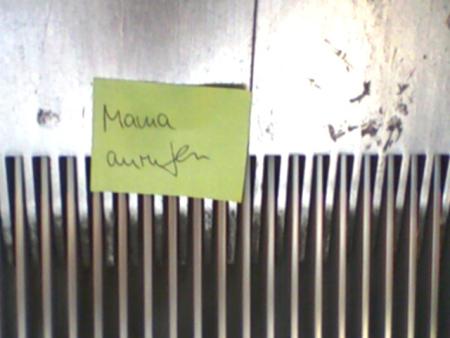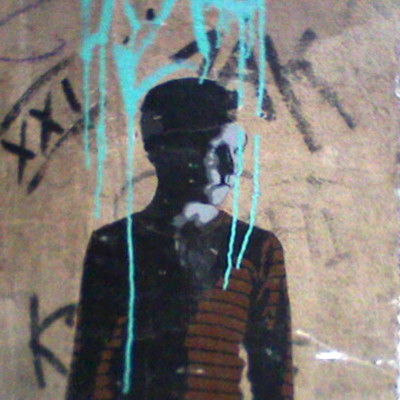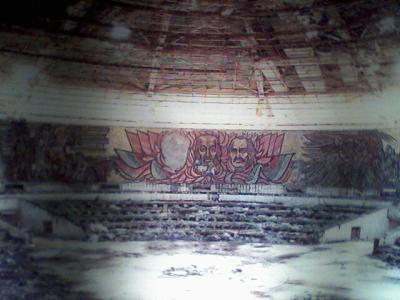Sonntag, 10. Mai 2015
Are you a clown?
diegolego, 18:23h
... link
Freitag, 8. Mai 2015
alter Affe
diegolego, 22:48h

... link
Dienstag, 5. Mai 2015
Mama anrufen
diegolego, 23:18h

... link
Therapy 2015 ?!
diegolego, 10:44h

8.4.2015, Bi Nuu, Berlin
... link
Donnerstag, 30. April 2015
Game "Theory"
diegolego, 16:18h
... link
Dienstag, 28. April 2015
Buzludzha
diegolego, 16:53h
... link
Montag, 20. April 2015
You, robot
diegolego, 12:21h
How Robots & Algorithms Are Taking Over

(HKW | Eine Einstellung zur Arbeit)
"Karel Čapek himself did not coin the word. He wrote a short letter in reference to an etymology in the Oxford English Dictionary in which he named his brother, the painter and writer Josef Čapek, as its actual originator.[43] In an article in the Czech journal Lidové noviny in 1933, he explained that he had originally wanted to call the creatures laboři ("workers", from Latin labor). However, he did not like the word, and sought advice from his brother Josef, who suggested "roboti". The word robota means literally "corvée", "serf labor", and figuratively "drudgery" or "hard work" in Czech and also (more general) "work", "labor" in many Slavic languages (e.g.: Bulgarian, Russian, Serbian, Slovak, Polish, Macedonian, Ukrainian, archaic Czech, as well as robot in Hungarian). Traditionally the robota (Hungarian robot) was the work period a serf (corvée) had to give for his lord, typically 6 months of the year. The origin of the word is the Old Church Slavonic (Old Bulgarian) rabota "servitude" ("work" in contemporary Bulgarian and Russian), which in turn comes from the Proto-Indo-European root *orbh-. Robot is cognate with the German root Arbeit (work).[44][45]" (wikipedia)

(HKW | Eine Einstellung zur Arbeit)
"Karel Čapek himself did not coin the word. He wrote a short letter in reference to an etymology in the Oxford English Dictionary in which he named his brother, the painter and writer Josef Čapek, as its actual originator.[43] In an article in the Czech journal Lidové noviny in 1933, he explained that he had originally wanted to call the creatures laboři ("workers", from Latin labor). However, he did not like the word, and sought advice from his brother Josef, who suggested "roboti". The word robota means literally "corvée", "serf labor", and figuratively "drudgery" or "hard work" in Czech and also (more general) "work", "labor" in many Slavic languages (e.g.: Bulgarian, Russian, Serbian, Slovak, Polish, Macedonian, Ukrainian, archaic Czech, as well as robot in Hungarian). Traditionally the robota (Hungarian robot) was the work period a serf (corvée) had to give for his lord, typically 6 months of the year. The origin of the word is the Old Church Slavonic (Old Bulgarian) rabota "servitude" ("work" in contemporary Bulgarian and Russian), which in turn comes from the Proto-Indo-European root *orbh-. Robot is cognate with the German root Arbeit (work).[44][45]" (wikipedia)
... link
Sonntag, 19. April 2015
Robot Guitar
diegolego, 12:30h
Robot Guitar - Pimping some firewall logs, like a boss
compressorhead
related posts: 8.10.2014, 7.10.2014
compressorhead
related posts: 8.10.2014, 7.10.2014
... link
Freitag, 10. April 2015
Bengle 2015
diegolego, 19:51h

... link
Freitag, 10. April 2015
Stories
diegolego, 00:33h
... link
... nächste Seite

